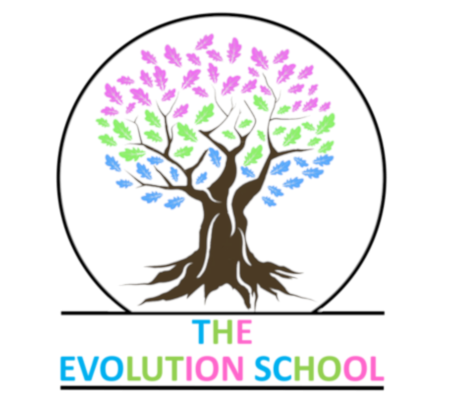PSHE
Personal, Social and Health EDUCATION
Aims:
- To provide all children with essential skills for life so that they have the knowledge, skills and attributes to protect and enhance their well-being;
- To equip children with the knowledge to help them to stay safe and healthy and know when and how to ask for help;
- To provide the children with the tools to build and maintain successful relationships;
- To help children to develop their own identity and self-esteem;
- To encourage children to be positive, confident citizens and participants in society;
- To raise their aspirations and to teach them a variety of skills to empower them to overcome any barriers they may face;
- To develop tolerance and mutual respect for different faiths and beliefs;
- To teach children to be vigilant and to equip them with the knowledge and skills to be aware that some people may try to manipulate them into a mind-set that opposes fundamental British values including democracy the rule of law and individual liberty.
Rationale:
Our curriculum is closely in line with the PSI-IE Association Programme of Study. We follow three core areas:
- Health and Wellbeing
- Relationships
- Living in the Wider World (which incorporates Citizenship)
These themes are taught in units of 6 to 8 lessons and are arranged so that each theme is visited every two years. This enables our children to recall and build upon previous learning and to develop a wide and rich vocabulary.
Cycle 1 Britain, Team, It's My Body, Be Yourself, Aiming High, Money Matters
Cycle 2 VIPs, Safety First, Respecting Rights, Growing Up, Think Positive, One World
Our PSHE programme supports our school ethos of prioritising physical and mental health and wellbeing providing our children with skills to evaluate and understand their own wellbeing needs, practice self-care and contribute positively to the wellbeing of those around them. PSI-IE is complemented by our Therapy Team who may meet with the children on a one to one basis weekly and also contribute regularly to review meetings.
Provision:
Specific lessons are usually weekly (as a minimum) and where appropriate are linked to our creative curriculum. In order to meet the needs of our children, more lessons to address specific issues can be added or their content as appropriate. Our teaching methods for this subject are typically quite informal with children working in a circle, in small groups or with chosen friends. We regularly use games, role play, hot seating and discussions and often children's achievements are not recorded as formal prose but in note form, drawings or other creative ways e.g. posters.
